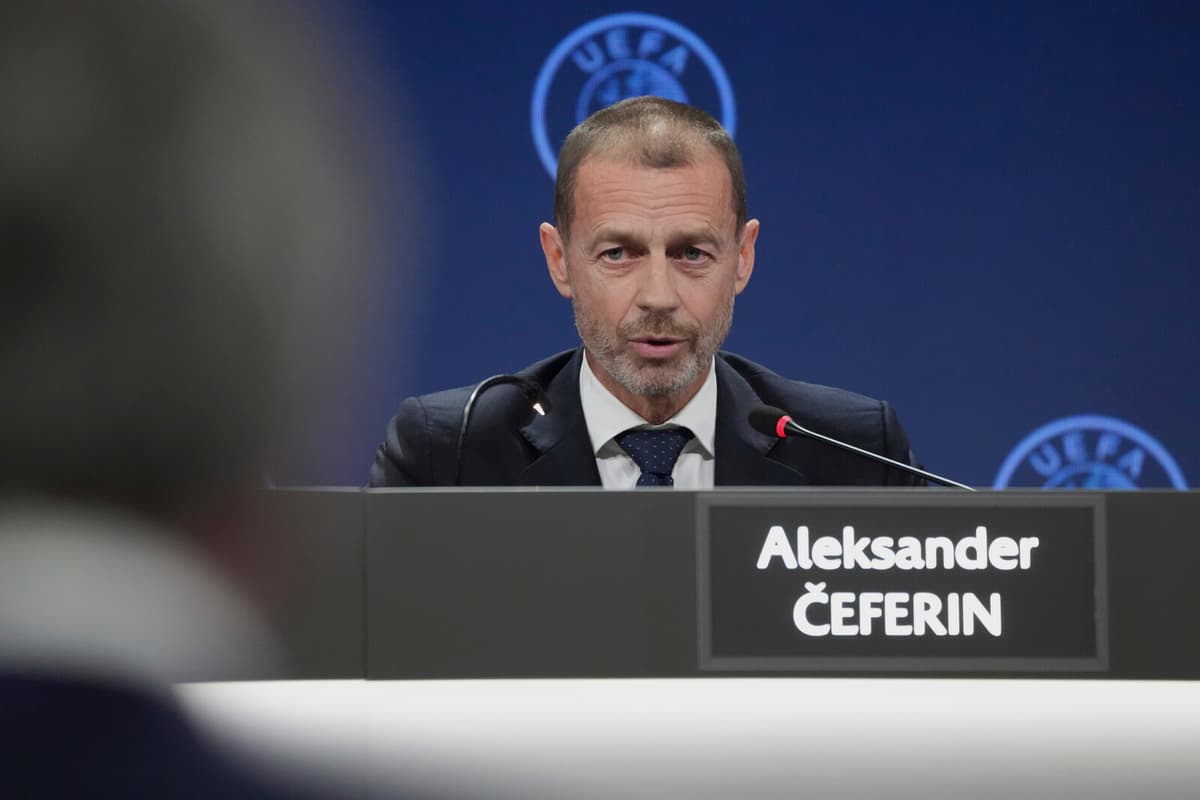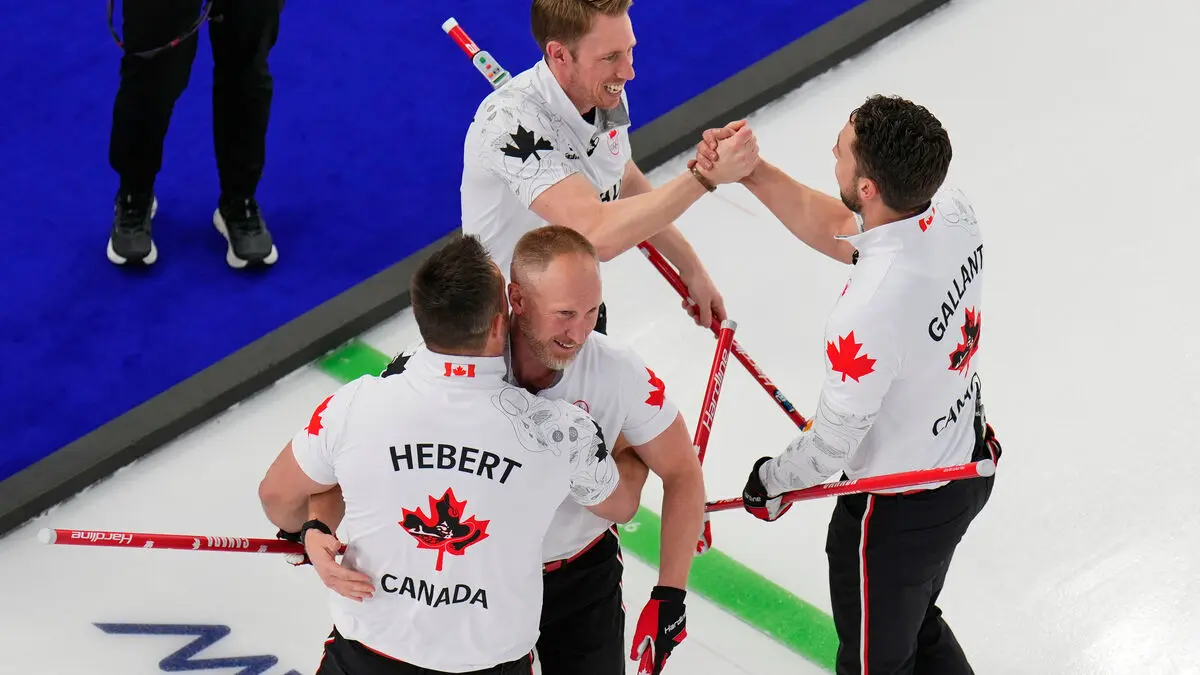Russian national teams and club teams are suspended from playing in competitions organized by both the European Football Association (Uefa) and the International Football Association (Fifa) due to Russia's invasion of Ukraine.
For a longer time, several actors have urged a similar boycott of Israel due to the war in Gaza. Recently, for example, the Italian coaches' association demanded that Israel be shut out. Italy and Israel meet in the World Championship qualifiers on September 8.
But Uefa's chairman Aleksander Ceferin is against a ban.
Outburst against politicians
First and foremost, I want to say that I personally find it painful and crushing to see what is happening to civilians there (in Gaza). From another perspective, I am not in favor of a ban on athletes. What can an athlete do to get their government to stop the war? It's very, very difficult, says Ceferin in a longer interview with Politico.
Advertisement
He emphasizes that the ban on Russian teams has applied for three and a half years.
Has the war ceased? No, it has not, he says.
Ceferin instead goes on the attack against the world's politicians. He means that in the case of Russia, there was "strong political pressure" for football to act.
Now I don't see many reactions from politics. From civil society, the reactions are enormous. And I cannot understand how a politician who can do so much to stop the massacres can sleep well at night with the knowledge that children and civilians are dying. I don't understand it. The idea that football would solve these problems? No chance, says Ceferin.
Advertisement
In the fall of 2023, Uefa wanted to open the door for the Russian youth team, but backed down after a storm of criticism. Ceferin believes that there was a "political hysteria".
Nilsson resigned
There was such pressure on some members of our executive committee. They did not change their opinion (about letting in the youth team), but asked us to wait because they were personally attacked so much that they could not stand it any longer, he says.
Swede Karl-Erik Nilsson, who was then vice chairman of Uefa, is said to have been one of those who voted for the proposal to let in Russian youth teams. That stance led to Nilsson, who was previously chairman of the Swedish Football Association, being forced to resign as chairman of the Swedish Sports Confederation, which had a different line in the Russia issue.






